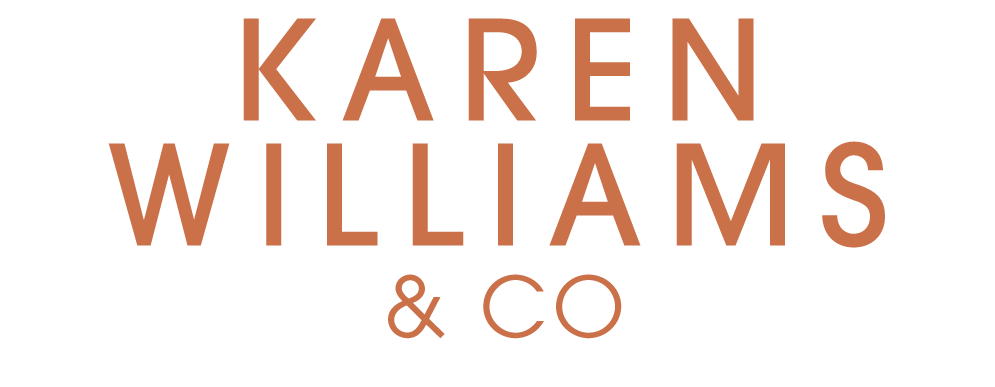The Formula for Success with Teams
There is a formula for success.
A step by step process.
A plan to follow that will give you everything you need to bring out the best in others.
I cover it in my 10 Characteristics of High Performing Teams.
But if I break it down for you, these are the 3 things that, if you do them consistently over time, with the right intention and with integrity, you will see people transform their mindset, willingness to work together and ability to achieve a new goal right before your eyes.
ACCOUNTABILITY
Most people believe they're being accountable to their role, to what they understand are the expectations of their employer. It's rare for someone to be actively, with ill-intent, refusing to carry out the requirements of their role.
If someone isn't performing, while it may seem on purpose, it's more likely they're doing the best they can with what they have available to them in the moment - attitude, skills, understanding and resources.
To elevate accountability in an individual or a team, we first must make them aware that they're not meeting expectations. Self-awareness is the core foundation for change, we must know who we're being, what we're thinking, the impact we're having before we can change it to something else.
So, the first step of the formula, is to elevate the self-awareness of every individual in your team through establishing and agreeing clear expectations and communicating and agreeing on their strengths and their shortfalls.
COLLABORATION
A common problem I see every day in business is people not able, willing or feeling safe or supported to work together (within or across functions), and instead fall back on being 'too busy' to have the necessary conversations. It results in costly workarounds that soak up unnecessary resources that could be better used elsewhere.
It's a leader's role to build an environment of trust, one where people feel safe to put up their hand and say "I don't know how to do this" or "I made a mistake" or "I'm stuck" without feeling they'll be judged or thought less of, or ostracised.
Building trust requires openness, courage, high quality listening and insightful questions. It requires equal measures intentionality and curiosity in every conversation. It also requires the conscious choice to see people as bigger than their current behaviour - haven't we all done things that didn't represent all of who we really were at the time?
ALIGNMENT
Everyone working in the same direction, moving passionately and with conviction toward a compelling vision requires the leader to communicate clearly a compelling future that lifts everyone out of the small problems of the present and their limiting stories from the past.
Alignment is a group of people running together toward a vision that brings them together, no-one left behind, new ideas being sparked by people inspired to lean in together and challenge each other.
Nothing taken personally, instead a depth of compassion for what it is to be human - sometimes we get plugged in, we react off each other, we expect more from each other. But in a trusted space, challenging moments between personalities get cleaned up quickly so everyone can focus on the bigger and more inspiring challenge of growing the organisation.
THE FORMULA
What part of the formula can you embed this week with your team:
1. Accountability - Help people expand their self-awareness so they can own their mindset and attitude and choose how they show up in each moment
2. Collaboration - Grow an environment of trust through open and real conversations that are grounded in equal parts intention and curiosity
3. Alignment - Ensure clarity and consistency of message so people know where they're going and help them understand their part in it (remember, everyone sees the world differently so adjust your communication style to connect with what makes sense to them).
Leaders go first so be sure to lead by example by expanding your own self-awareness every day, having courageous conversations that you may be avoiding and know where you're going and why.
Here's to your success!

